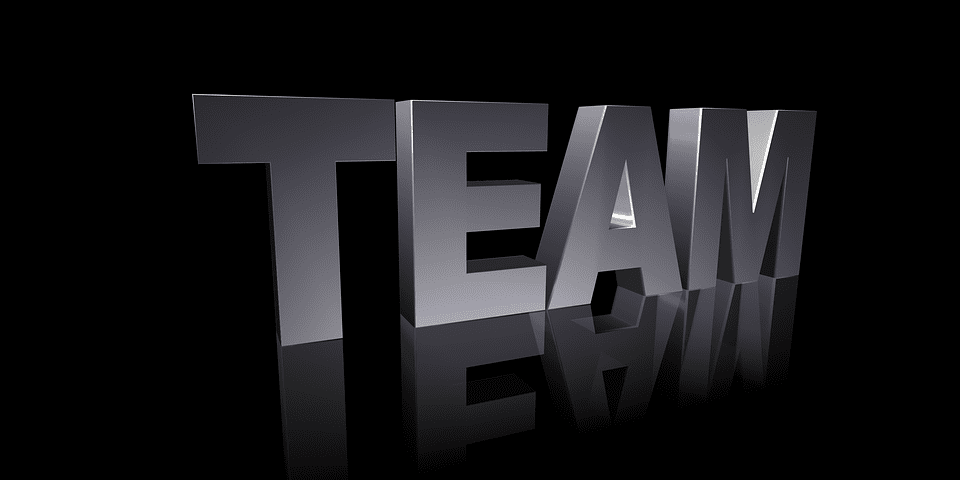by Margaret Considine, CEO, EQuita Consulting
Over many years of working at various management and leadership levels within industry, academia and even in my “hay day” of playing competitive sport, there is one invaluable lesson I have taken with me when it comes to teamwork:
Winning teams don’t just happen!
In order to create and maintain highly productive teams, a conscious effort is always required to help, support and guide individuals to work together.
That famous line “THERE’S NO I IN TEAM” it’s not really true, is it?
What helps make a team work effectively is clearly understanding that any team is the sum of the “I’s” The “I”’s in this case being “Individuals”
When we bring teams of people together, we bring individuals to the table with our own personal insecurities, likes and dislikes.
If you’re anything like me and have experienced the joy but also the challenges of raising a family, you will understand clearly that no one child is the same, what works well for the first child invariably fails for the next. As individuals we are all idiosyncratic, what motivates one may have the polar effect on the other.
Whether it’s a board, a division or a corporation the ability to build winning teams is the key to the success of any organisation. The impact of poor team performance can be the key factor in an organisation failing to reach their goals and objectives and can stifle its ability to flourish and grow and reach maximum potential
Figuring out what it takes to maintain a successful team is among the greatest challenges in business today. It’s difficult enough with a cohesive team that is located in the same place. Factor in teams that are anywhere around the world, representing different functions, backgrounds and agendas – and the challenge is immense.
Key Questions for Any Team:
- Why is our team together?
- What are we here to do?
- What does each individual within the team really want?
- How psychologically safe is our team – can we be open to express feelings, ideas and even take risks?
- How much confidence do we have in each other?
- Is our team right sized/right fit for decision making?
- How good are we at managing difficult conversations within our team
- Do we foster a culture of trust
Good team performance and positive team relations need to be developed and maintained and certain features or ‘building blocks’ enable teams to work together effectively. It is not enough to simply put a group of people together and call them a team. They need individual skills and the collective capacity to learn and work together. Teams need the opportunity to grow, learn and develop.
The feedback we have received over the last twenty years from industry partners is that no organisation should underestimate the importance and need to provide continuous support and development to our teams. The power of support can result in enhanced team performance and an accelerated impact on organisational goals
7 Building Blocks to Enable High Performance Teams
| 1 | Set a strong vision |
| 2 | Create an environment of trust &transparency |
| 3 | Invest time in developing skills and shaping team member’s future |
| 4 | Manage conflict |
| 5 | Empowering the team members |
| 6 | Facilitate cross functional team collaboration |
| 7 | Encourage risk taking and foster learning from mistakes |
In my current role as CEO of EQuita Consulting I have both the honour and pleasure to continue to assist teams at all levels within industry collaborate more effectively and ultimately perform more effectively. When you see at first hand the impact a better understanding of team dynamics can have on organisational success it becomes a vision you want to share.
Two of my all-time favourite quotes on team dynamics
The way a team plays as a whole determines its success. You may have the greatest bunch of individual stars in the world, but if they don’t play together, the club won’t be worth a dime. Babe Ruth
AND
Many of us are more capable than some of us, but none of us is as capable as all of us. Tom Wilson
About the author
Margaret Considine is the CEO of EQuita Consulting Ltd and is an Associate Faculty member of the IMI for the past twelve years. In September 2010 Margaret was appointed an Associate Faculty member of NUI Maynooth. Margaret is a vastly experienced Management Consultant who works with some of the major companies in Ireland and Europe assisting them in management development, negotiations, coaching, mediations & HR / legal complaints. Margaret has extensive experience in both private & public sector clients.









































